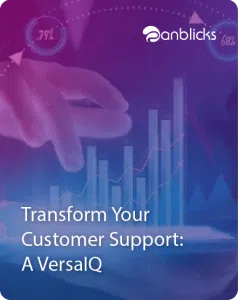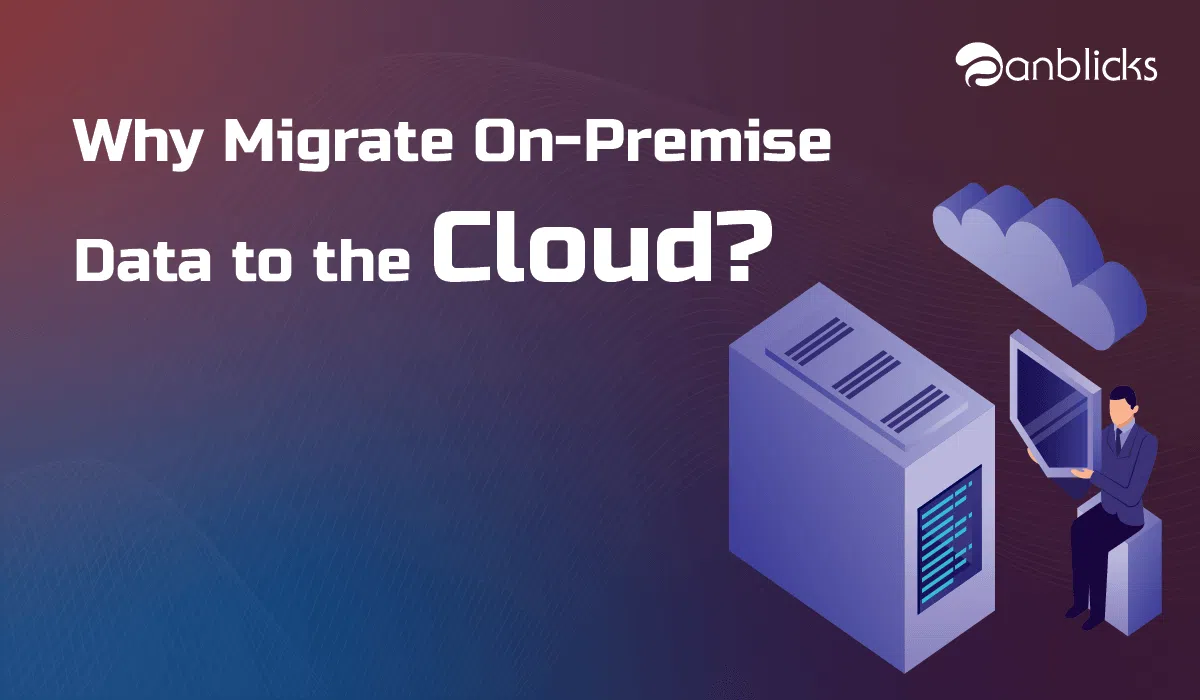
Unlock Business Growth: How DataOps Optimizes Data Management in Modern Business

In today’s data-driven world, data is often touted as the new oil. Just as crude oil needs to be refined to become valuable fuel, raw data must be processed and managed effectively to drive business insights and decisions. This is where DataOps, a transformative discipline, plays a critical role. By ensuring the quality, reliability, and accessibility of data, DataOps revolutionizes the way businesses operate, enabling them to harness the full potential of their data assets and inspiring a new wave of innovation. In fact, according to a recent Enterprise Strategy Group (ESG) report, 54% of organizations say they’ve improved data access due to their DataOps strategies1. Additionally, 52% reported enhanced data quality and accuracy, greater agility, and improved governance as key benefits of adopting DataOps.
Understanding DataOps
DataOps, short for Data Operations, is an automated, process-oriented methodology used by data and analytics teams to improve the speed, quality, and reliability of data analytics. It draws inspiration from DevOps, combining software development and IT operations. DataOps aims to shorten the data lifecycle, from data preparation and integration to analytics and reporting, while delivering high-quality data and fostering a collaborative environment among data engineers, data scientists, and other stakeholders.
Benefits of DataOps
- Improved Data Quality and Reliability: DataOps implements stringent checks and automated validation processes to guarantee accurate and trustworthy data. This eliminates the risk of bad data leading to misguided decisions.
- Reduced Downtime: Data downtime, the period when data is inaccessible or unusable, can significantly disrupt business operations and decision-making cycles. DataOps minimizes downtime through robust monitoring and incident management, ensuring continuous data access.
- Enhanced Data Governance: DataOps promotes robust data governance practices, including automated metadata extraction, data lineage tracking, and data cataloging. This increases transparency and ensures compliance with regulations.
- Fostered Collaboration: DataOps breaks down silos between data teams and business users, fostering a sense of unity and a more integrated approach to data management. This accelerates innovation and ensures data intitiatives alignm with business objectives, making everyone feel like they are part of a winning team.
- Optimized Data Platform Costs: DataOps streamlines data operations, eliminating inefficiencies and optimizing data platform spending. This ensures allows you to achieve your data goals while saving money.
Real-World Applications of DataOps
Organizations across various industries have successfully implemented DataOps to drive growth and innovation:
- Finance: Real-time fraud detection and risk management.
- Healthcare: Advanced analytics for patient care and operational efficiency.
- Retail: Enhanced customer experiences and optimized supply chain operations.
Implementing DataOps: Key Considerations
- Automate Data Workflows: Automation is at the heart of DataOps. IAutomating data workflows reduces manual errors, accelerates data processing, and frees up valuable personnel resources for strategic tasks. Invest in robust DataOps platforms that automate the entire data lifecycle. Automate Data Workflows: Automating data workflows reduces errors, speeds up processing, and frees up personnel for strategic tasks. Invest in robust DataOps platforms that automate the entire data lifecycle.
- Monitor and Manage Incidents Proactively: Implement comprehensive monitoring solutions that provide real-time visibility into data pipelines and automated incident response capabilities.
- Cultivate a Data-Driven Culture: DataOps is more than just technology; it’s about people and processes. Fostering a data-driven culture within the organization is essential for the success of any DataOps initiative. This involves promoting data literacy, encouraging collaboration, and aligning data initiatives with business goals. This cultural shift truly empowers DataOps to drive superior business outcomes.
Anblicks DataOps Services: Leading the Way
Anblicks offers a comprehensive suite of tools and services to help you harness the power of your data and the DataOps solution stands out as the best option for businesses looking to start today. Anblicks ensures high data quality, reliability, and governance while optimizing platform spending. Our advanced automation and monitoring capabilities minimize downtime, and our collaborative approach fosters a data-driven culture within organizations. Choose Anblicks DataOps and confidently navigate the complexities of data management and drive superior business outcomes.
Anblicks DataOps Benefits
- Reduced Incidents and Increased Stability: Improves DataOps stability and reduces incidents by 20-30% in the first year.
- Cost Savings: Reduces cloud data platform spending by 20-25% in the first year.
- Reducing Data Downtime: Improves data trust, quality, and reliability, minimizing periods when data is inaccessible or unusable.
- Competitive Advantage: Leverages high-quality data for better decision-making, improving competitive position and business outcomes.
- Enhanced Revenue Opportunities: sHigh-quality data assets drive better business outcomes and new revenue opportunities.
The Future of DataOps
DataOps is transforming the way businesses manage and utilize their data. By ensuring data quality, reducing downtime, enhancing governance, fostering collaboration, and optimizing costs, DataOps empowers organizations to unlock the full potential of their data assets. As data continues to play an increasingly vital role in business success, adopting DataOps solutions will become indispensable for organizations aiming to stay competitive and drive innovation.

John Vallogia is a marketing leader at Anblicks with a passion for leveraging data to achieve impactful results. He boasts nine years of experience within the software industry, where he has excelled in crafting winning go-to-market strategies and developing content that resonates with target audiences. His extensive background in data & analytics equip him with a deep understanding of advanced AI solutions and the Snowflake and Databricks platforms. This knowledge allows him to tailor marketing efforts for maximum impact. John holds a Master’s in Business Administration from Anna University.









